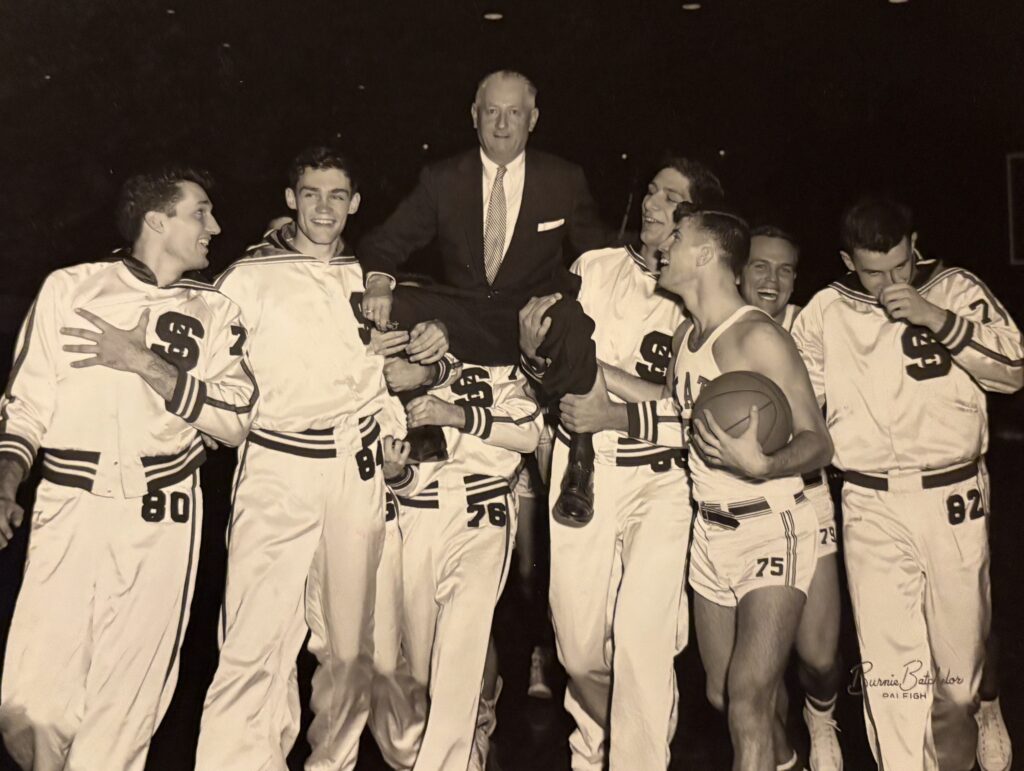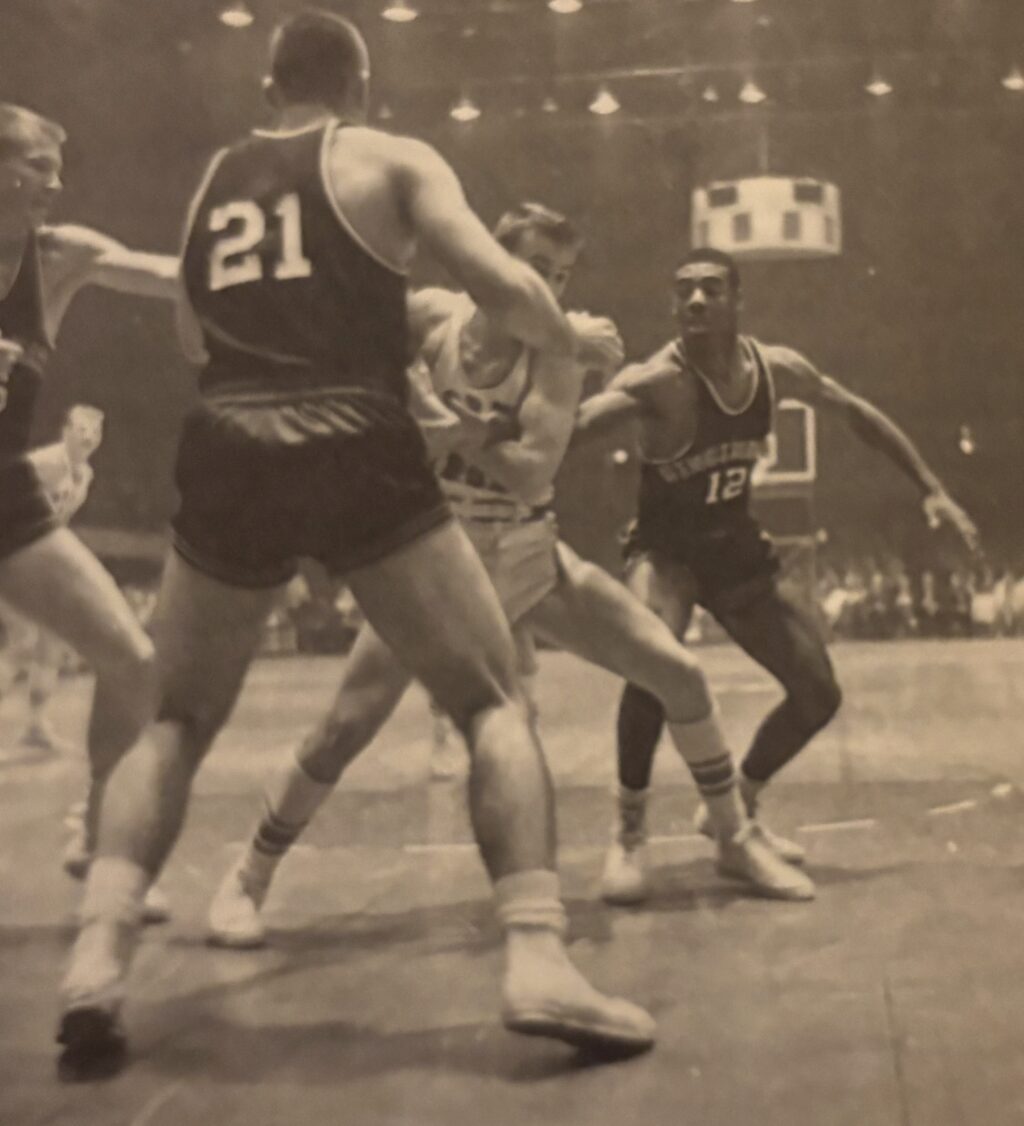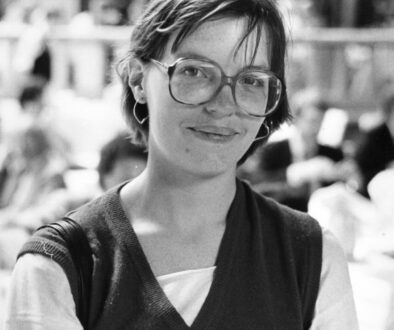A suggestion for deepening commitment
The week after Christmas, from 1949 to 1960, thousands of North Carolinians converged on Raleigh to watch some of the best men’s college basketball in the country.
The occasion: the Dixie Classic, the brainchild of N.C. State coach Everett Case, which pitted the men of North Carolina’s “Big Four” teams – N.C. State, UNC, Duke and Wake Forest – against the best competition available.

Men’s college basketball has become such a North Carolina institution that enthusiasm for the sport seems almost natural, prompting speculations on the quality of the state’s water or on the color of the sky, which so suspiciously resembles Carolina Blue. But it was in fact the result of inspired, systematic promotion by Case and other coaches.

During the Dixie Classic’s run, spectators crammed North Carolina State’s palatial R.J. Reynolds Coliseum to cheer on their favorite teams. The Classic quickly established itself as one of the best tournaments around, attracting the nation’s top teams and players. It pitted North Carolina against the world, and fans reveled in every victory.

A similar effort could boost the women’s game. This past November, for example, more than 15,000 fans made the trek to Charlotte for the Ally Tipoff, filling the Spectrum Center with color and partisan energy.

The top-flight experience provided by Ally Financial and the Charlotte Sports Foundation has made the Ally Tipoff an attractive invitation. With a few tweaks, the contest could become the women’s basketball version of the Dixie Classic, an annual event that pits the top Carolina teams – South Carolina, Duke, N.C. State and UNC – against the best in the country.
Such a high-profile event would attract more of the corporate sponsorship and television coverage essential to present-day sporting success. It would also help weave women’s basketball more tightly into Carolina sporting culture.

Men’s basketball in North Carolina grew from a cultural moment. Not only was college basketball on the rise, Tar Heel leaders were seeking to establish their state as an modern, energetic player in an increasingly prosperous nation. The young men who played the rapid, complex game with skill, poise and teamwork became a compelling model for individual identity and state pride.
Women’s basketball is having such a moment now, with new attention to the game and growing respect for its skilled, confident players, who embody a wide range of women’s capabilities. The dramatic successes of coaches such as South Carolina’s Dawn Staley have shown that passionate fan devotion can be sparked and nurtured.
But the sport’s history makes clear that women’s basketball support has been marked by repeated ups and downs. More work will be required to make the present-day energy last.
Photos: Everett Case and N.C. State team (Bernie Batchelor Studio, Inc.); Dixie Classic Crowd; Oscar Robertson at Dixie Classic; South Carolina and N.C. State at Ally Tipoff (Tracy Glantz, The State); Ally Tipoff banner (Charlotte Sports Foundation) South Carolina star A’ja Wilson with teammate Tiffany Mitchell and Vanderbilt’s Rebekah Dahlman (Richard Shiro, AP Photos).
A more comprehensive version of this modest proposal appeared in multiple papers in North and South Carolina on February 13 & 14, 2025, including the Charlotte Observer.



